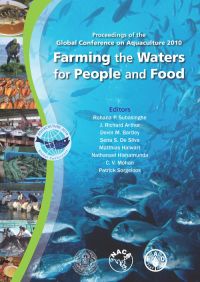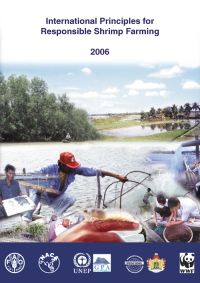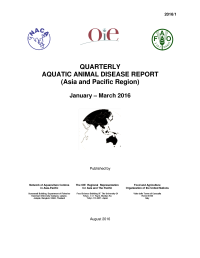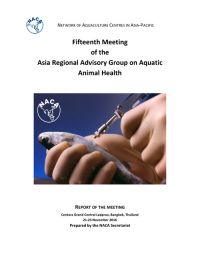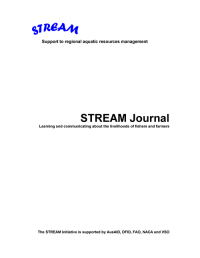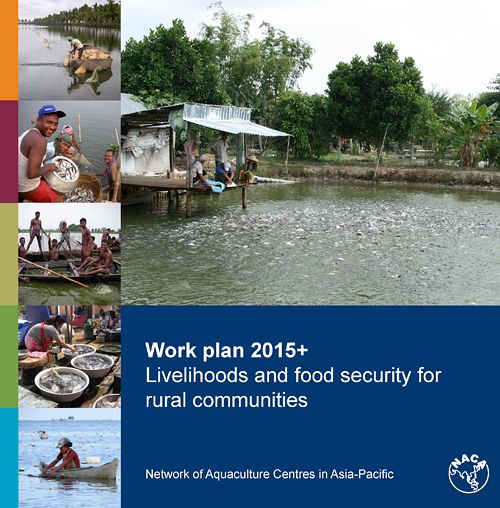
NACA publishes a wide range of aquaculture publications including technical manuals, workshop proceedings, better practice guidelines and several serials including Aquaculture Asia Magazine, the NACA Newsletter and the Quarterly Aquatic Animal Disease Report.
To keep up to date with developments you could consider subscribing to our RSS feed.
Creative Commons Attribution.
